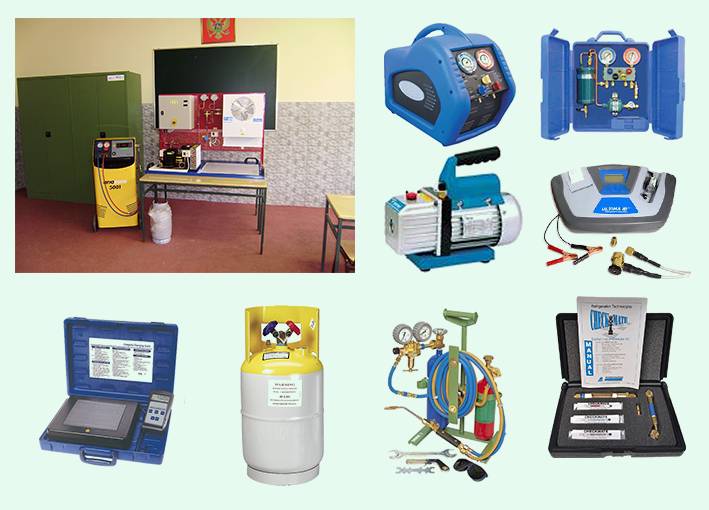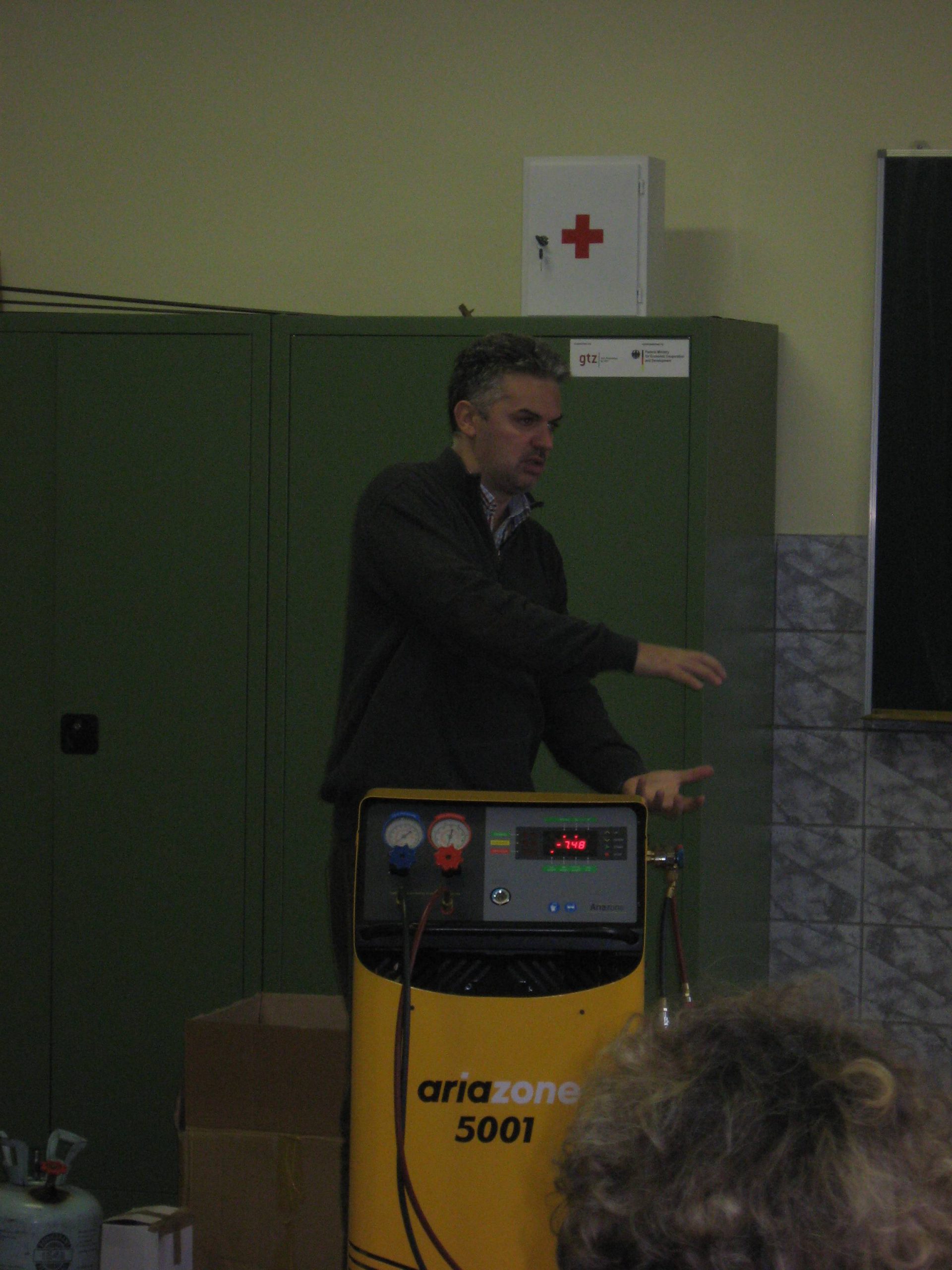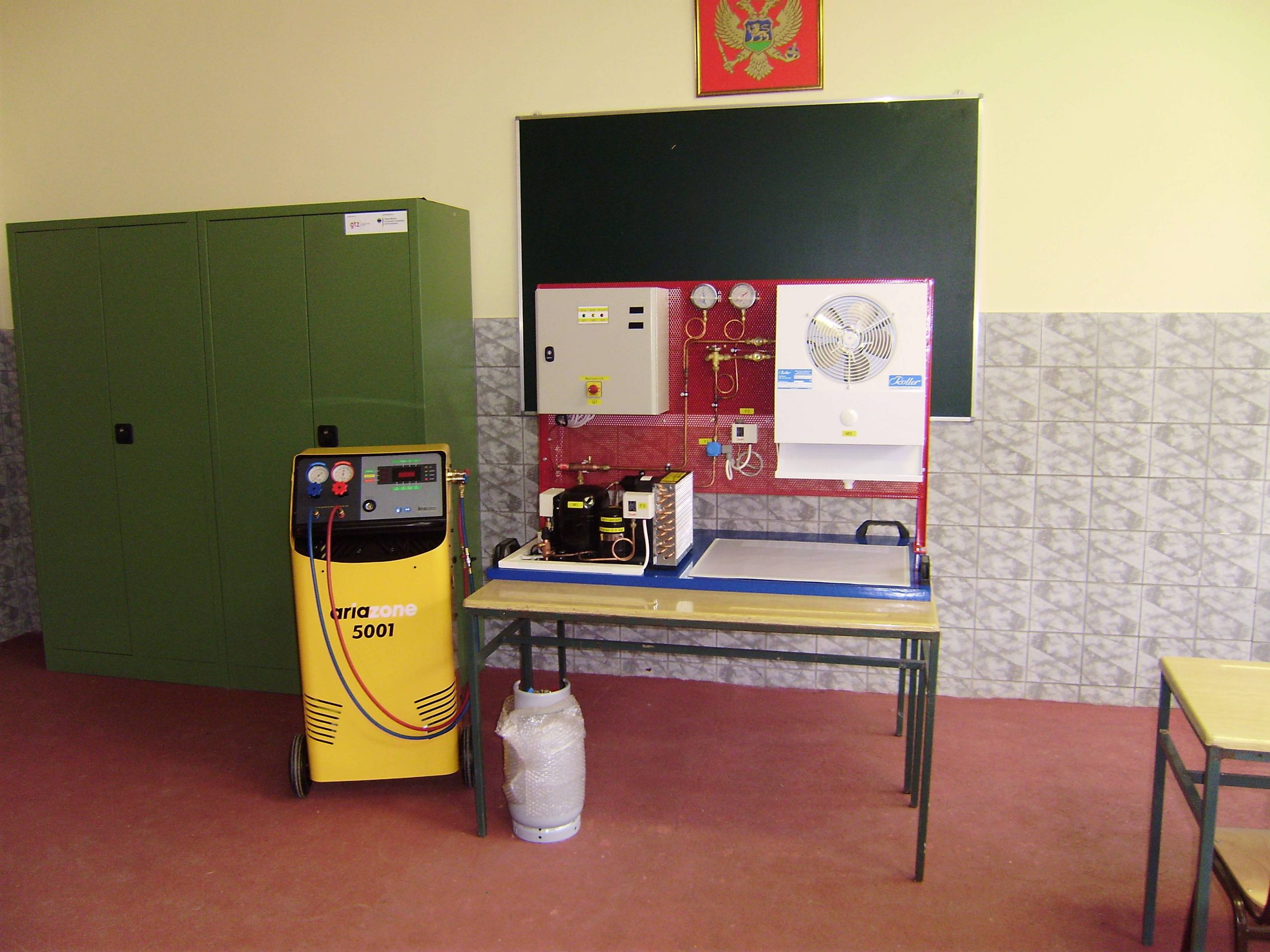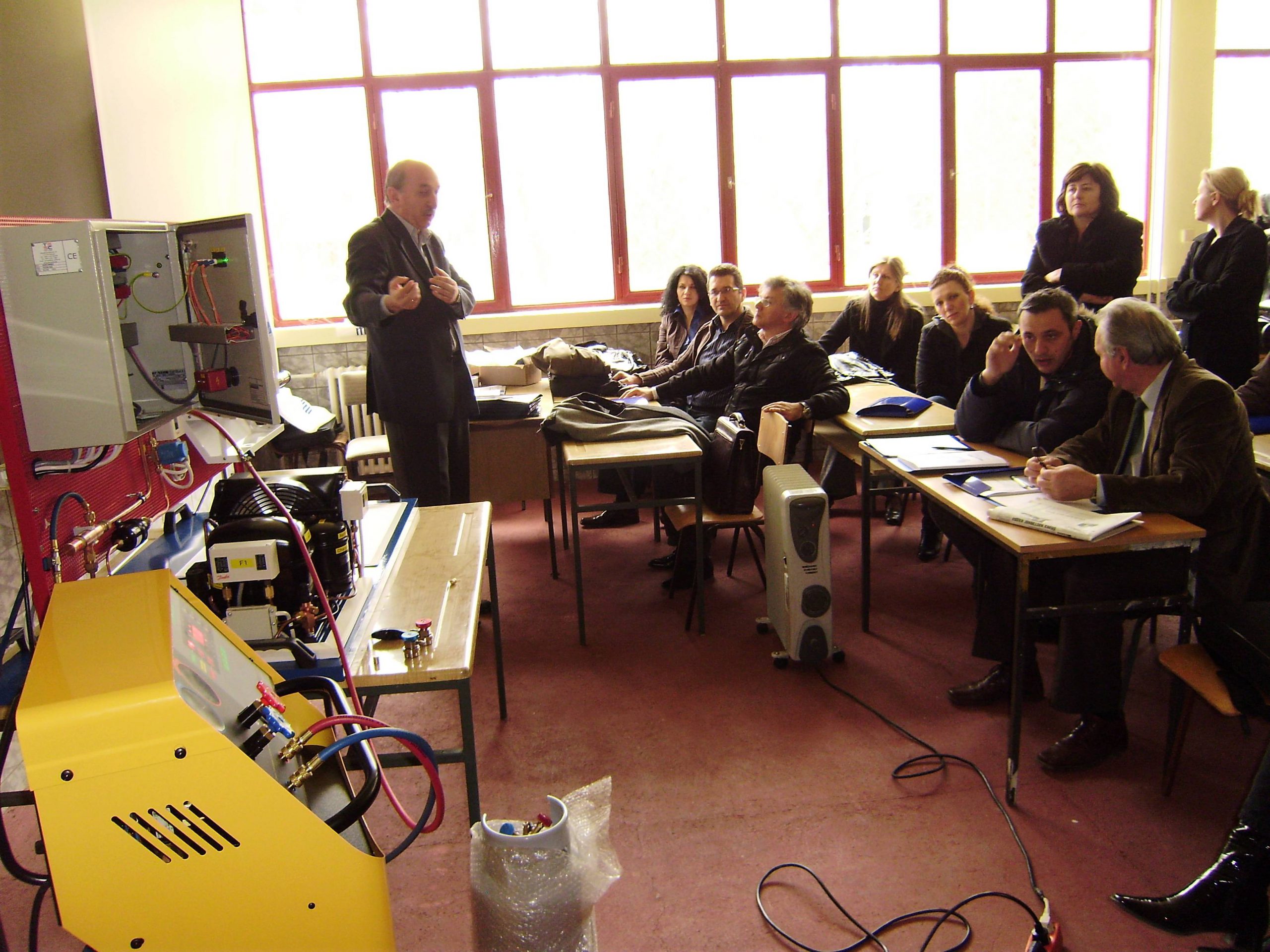As the first concrete step in the implementation of the Montreal Protocol, in September 2007, the Government of Montenegro adopted the National Program for the Elimination of Ozone Depleting Substances for the period 2007-2010, which was prepared by Ministry of Tourism and Environmental Protection in cooperation with UNIDO, as the implementing agency, with the financial assistance of the Multilateral Fund for the Implementation of the Montreal Protocol.
The National Program with the Action Plan was a strategy for the elimination of ozone-depleting substances (CFCs). The main goal of the documents was to eliminate ozone depleting substances in Montenegro and achieve a reduction in annual consumption of CFCs (2007 – 5 tons; 2008 – 4 tons; 2009 – -2 tons and 2010 – 0 tons). The program also included the projects for the Final Elimination of Chlorofluorocarbons (CFCs) and Institutional Strengthening for the Implementation of the Motreal Protocol.
Institutional strengthening
The main goal of this project was forming of the National ozone unit (NOU), which was established on September 1, 2007. The main tasks of the NOU are: implementation of the Montreal Protocol; implementation of the National sof ozone depleting substances; monitoring and collecting data on the consumption of ozone-depleting substances (imports/exports); organizing public awareness campaigns; proposing legislative measures that will enable implementation of the programs of final elimination ODS ; exchange of information with other members of the Montreal Protocol; submission of annual reports on the consumption of ozone-depleting substances to the Ozone Secretariat .
Terminal phase-out management plan for CFCs in the Republic of Montenegro
The main aim of the plan was to ensure the timely, sustainable, cost-effective and accelerated elimination of CFCs stipulated by the Montreal Protocol. Through the implementation of the plan, among other, the following activities were realized: introducing of a system of recovery and recycling of refrigerants, training of refrigeration and air conditioning service technicians, as well as improving the equipment of service workshops.




